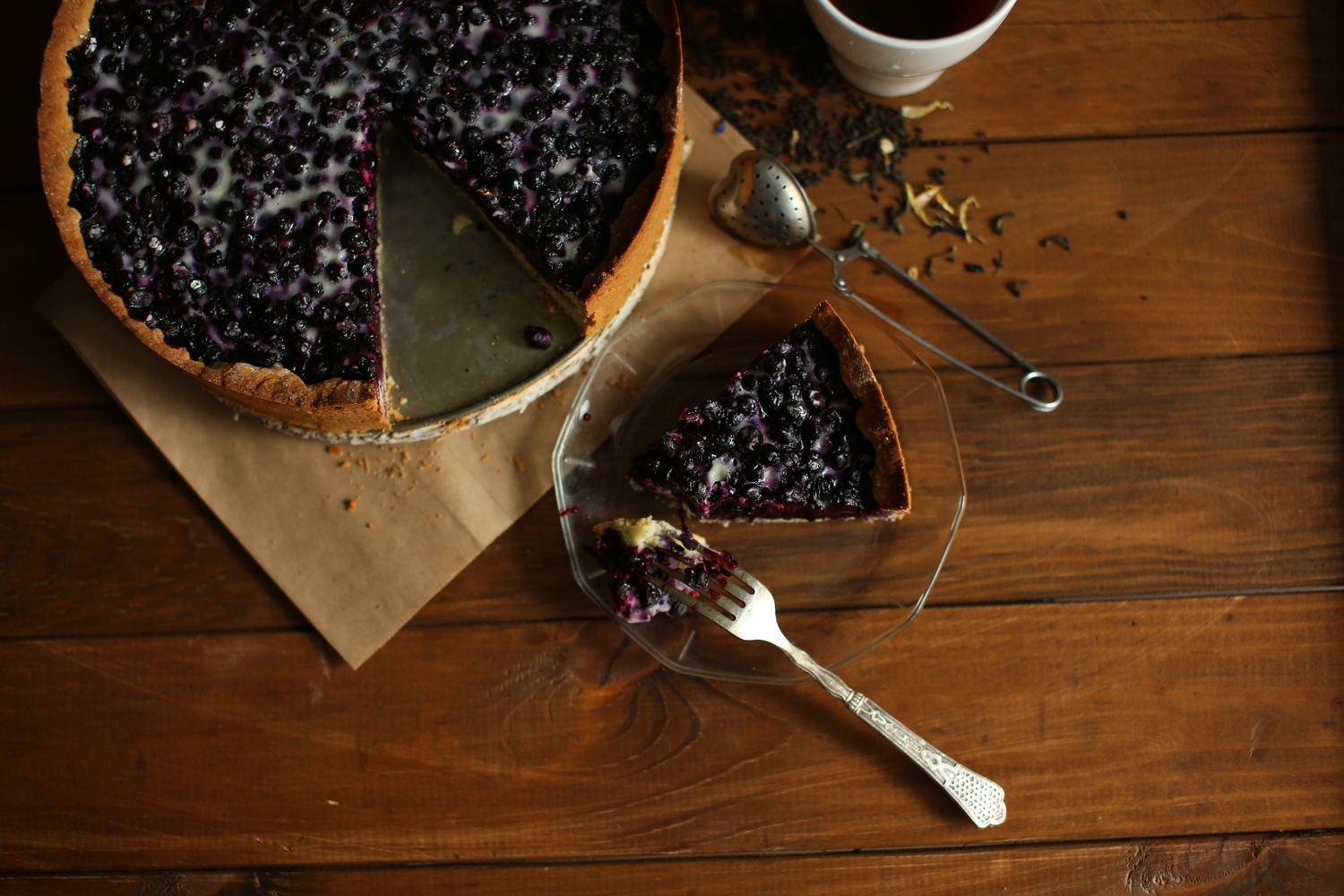
Dietary changes to manage eczema and atopic dermatitis
The dietary changes to manage eczema and atopic dermatitis in this article list out the foods that are safe to eat. These foods are unlikely to cause any allergic reaction and can be eaten by those who have atopic dermatitis or eczema.
Foods to eat
Dietary changes to manage eczema and atopic dermatitis are important. While planning a diet, one must avoid foods that trigger an allergy. The foods listed here are safe to consume and would be unlikely to cause any reaction.
These foods have anti-inflammatory and other properties that can be helpful in providing relief from the symptoms of eczema and atopic dermatitis.
- Foods with quercetin
Quercetin is a flavonoid that has antioxidant and antihistamine properties. Foods containing quercetin are thus helpful in reducing histamine levels and preventing inflammation. Spinach, broccoli, blueberries, cherries, apples, and kale are foods having quercetin. - Probiotics
Probiotics contain bacteria that are good for the body. These bacteria not only help in digestion but also keep bad bacteria in check and boosts the working of the immune system. Yogurt, tempeh, soft cheeses, miso, sourdough bread, and sauerkraut are foods rich in probiotics. - Omega-3
Food rich in omega-3 helps to fight inflammation. Fatty fish like salmon, mackerel, tuna, and herring have omega-3. It is also found in avocado and walnuts. Those allergic to nuts can avoid walnuts. It is recommended to consume 250mg omega-3 daily, either in food or as supplements. - Gluten-free food
Gluten is a common source of allergies and consuming gluten can trigger symptom flare-ups. Foods that are gluten-free like oatmeal, quinoa, and corn can be consumed by those who are gluten-sensitive. - Diet in pregnancy
It is believed that mothers who are allergic and have eczema can pass it on to their babies. Pregnant women need to take care to prevent the flare-up of symptoms during pregnancy. It is very important to breastfeed babies for a minimum of three months. This helps to build immunity and prevent allergies.Avoiding cow’s milk for babies can be considered if the mother has eczema or there is a family history. Studies have shown that not consuming cow’s milk can prevent babies from developing eczema. - Anti-inflammatory diet
An anti-inflammatory diet would be very helpful for those suffering from eczema. This diet would include foods that can fight inflammation and boost immunity. Fruits, vegetables, fatty fish, and whole grains can be a part of this diet. - Meditteranean Diet
The Mediterranean diet is one of the most popular diets. It is the basic food consumed in the Mediterranean region like Greece. This diet recommends the consumption of fruits and vegetables, especially the colorful ones that have flavonoids. Fish and olive oil bring omega-3 to this diet.Red wine is consumed in the Mediterranean diet, which is known to have quercetin that can fight inflammation. Red meat and desserts are avoided, which is good as they can trigger allergic symptoms.
The dietary changes to manage eczema and atopic dermatitis in the article have listed out foods that can be eaten by those having eczema. These foods can be a part of the diet and are not just safe but also help in providing relief from symptoms.



